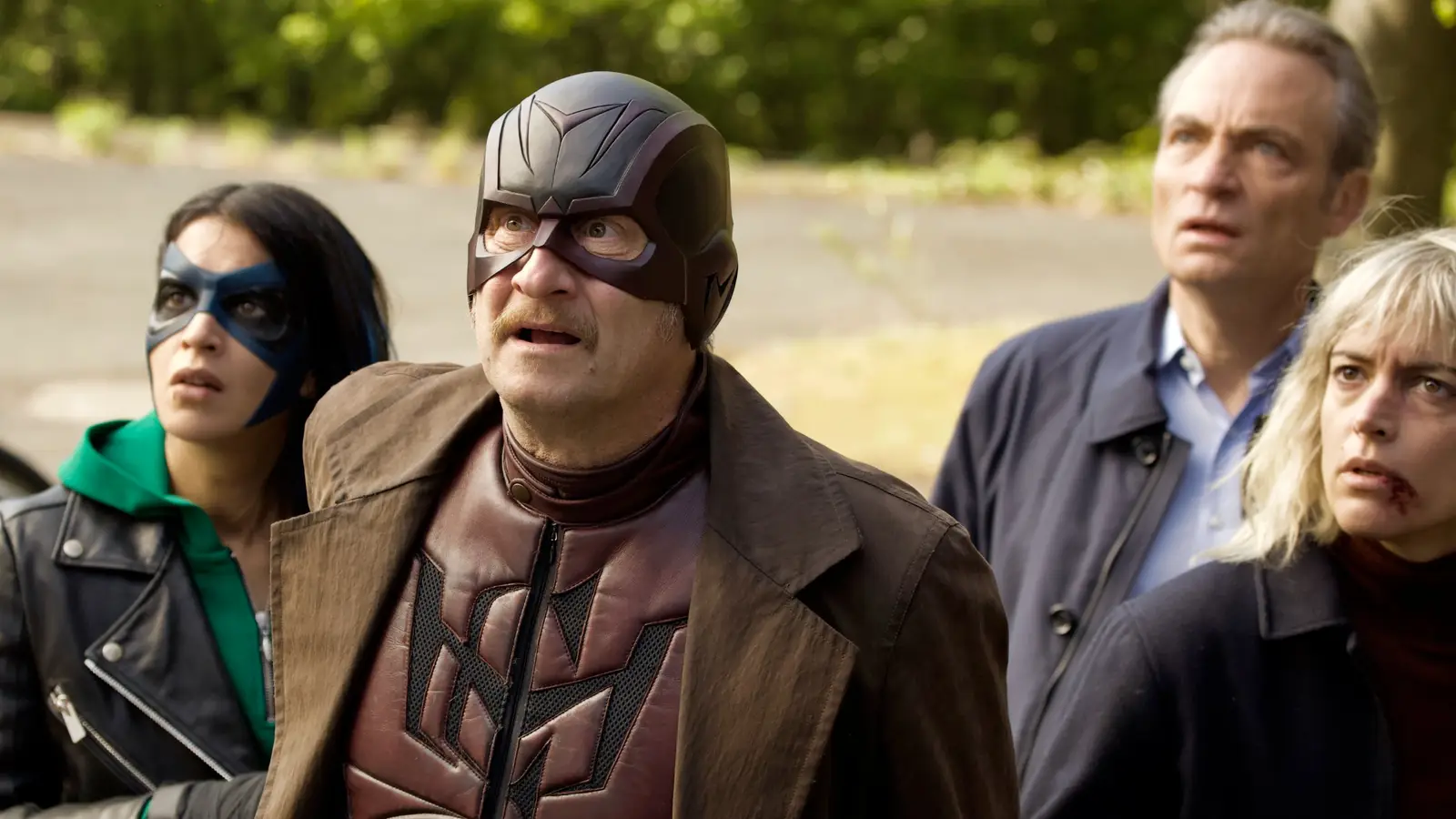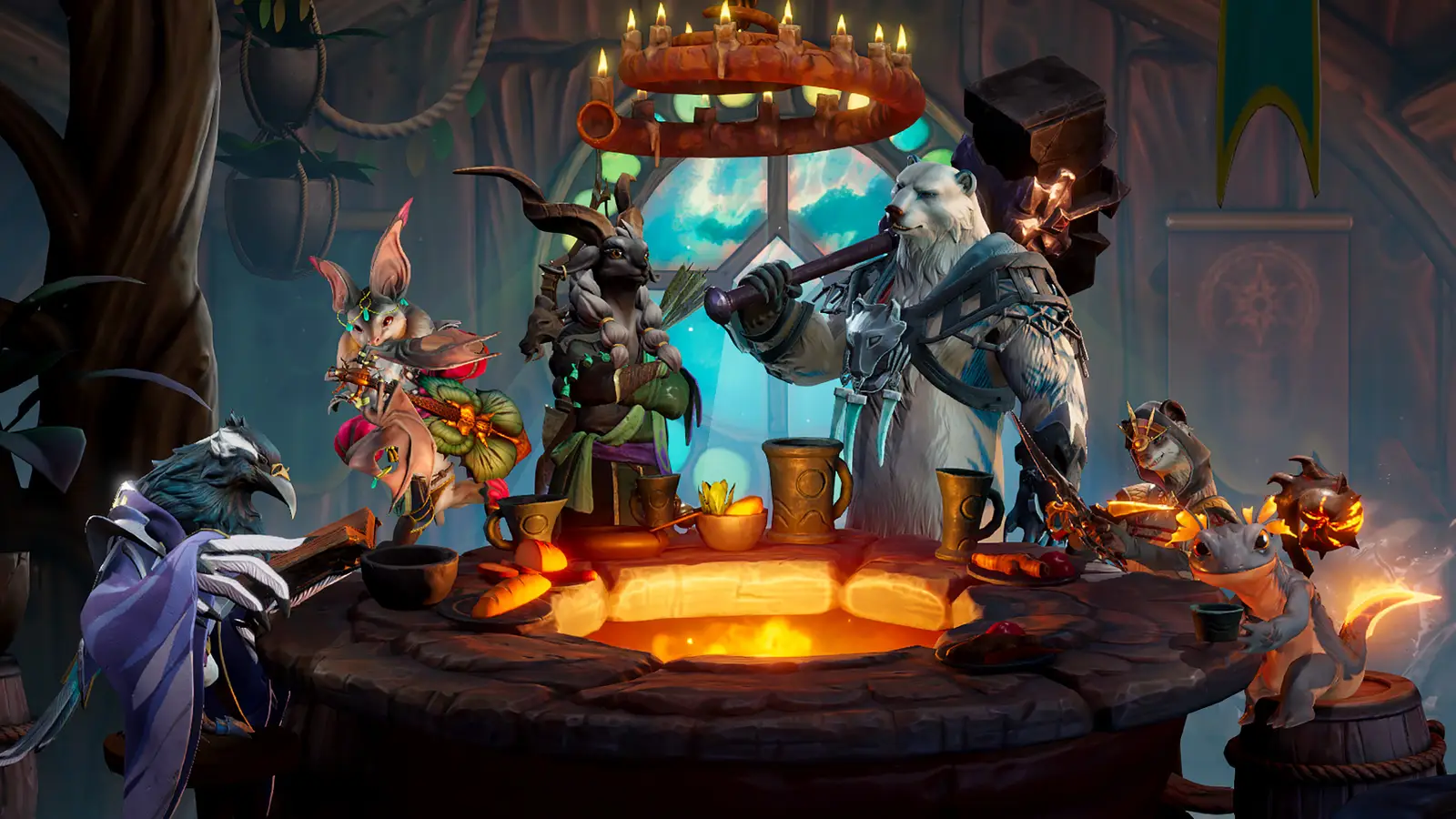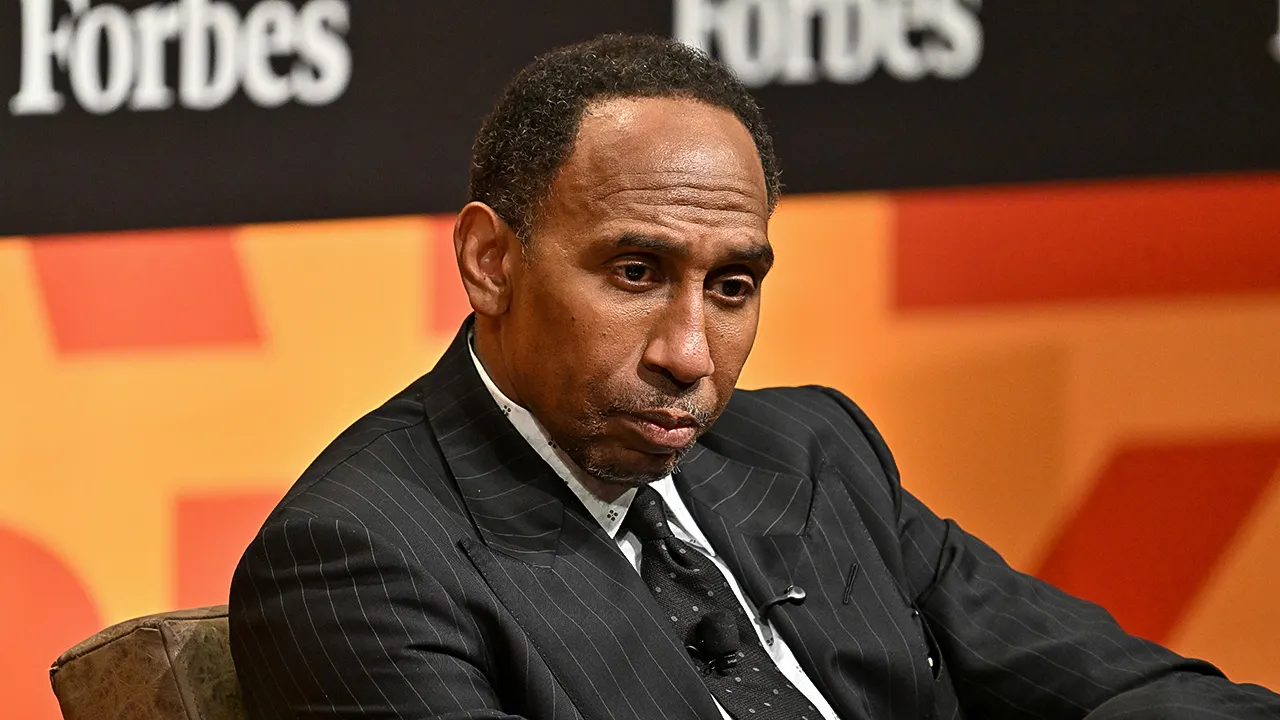Copyright Screen Rant

Superhero cinema may be dominated by Hollywood, but incredible stories of power, morality, and identity have emerged from all over the world. Outside of Marvel and DC, international filmmakers have taken the genre in bold, experimental directions – mixing local mythologies, social commentary, and fresh cinematic styles. These movies are a thrilling reminder that capes and courage come in many languages. From Indian blockbusters and Korean dark comedies to European indie dramas and Japanese adaptations, these films prove that heroism is a universal concept, not an American invention. Each reimagines what it means to be “super” through its own cultural lens. Though still explore using powers to protect family, challenge corruption, or simply find meaning in a chaotic world. Devilman (2004) - Japan Based on Go Nagai’s classic manga, Devilman is a wild, tragic superhero-horror hybrid that embraces Japan’s unique storytelling DNA. The film follows Akira Fudo, a kind-hearted boy who becomes possessed by a demon. However, he retains his humanity, using his newfound powers to protect the innocent from an apocalyptic demon uprising. Devilman dives deep into themes of moral duality, prejudice, and the thin line between savior and monster. Devilman certainly isn’t perfect. It features some questionable CGI and a drastically curtailed narrative compared to the original manga. Nevertheless, it has gained cult popularity for its emotional ambition and bold visual style. Long before Hollywood’s antiheroes dominated cinema, Devilman explored what happens when the ultimate power turns against the world that fears it. Its raw energy, operatic tone, and tragic soul make it one of Japan’s most haunting superhero interpretations. Krrish (2006) - India India’s most successful homegrown superhero saga, Krrish combined Bollywood spectacle with classic sci-fi storytelling. A spiritual sequel to Koi… Mil Gaya, it follows Krishna Mehra, a young man who inherits supernatural abilities from his father’s alien encounter. Hrithik Roshan shines as a superhero torn between destiny and anonymity. Director Rakesh Roshan infuses mythic weight into a colorful, high-energy adventure. Long before the MCU timeline expanded into multiverses, Krrish built a connected superhero universe blending science fiction, family melodrama, and musical grandeur. It seamlessly fused traditional Indian storytelling and Western-style hero tropes. This Krrish both culturally distinct and globally appealing. Yet the film’s emotional heart is the bond between mother and son, man and destiny. This gives it staying power that most superhero blockbusters struggle to match. The Invisible Boy (2014) - Italy The Invisible Boy delivers a rare Italian take on superhero storytelling, mixing European realism with comic-book fantasy. Directed by Gabriele Salvatores, it follows Michele, a shy 13-year-old who discovers he can literally turn invisible after wearing a mysterious costume. Instead of leaning on spectacle, the film explores adolescence, isolation, and belonging. The Invisible boy presents invisibility as both a blessing and a metaphor for growing up unseen. Salvatores grounds the concept in crushing everyday life. This fosters a film that feels intimate rather than epic. Its sequel, The Invisible Boy: Second Generation, deepened the mythology, transforming the modest original into a full-fledged franchise. With its emotional sincerity and grounded tone, The Invisible Boy proves that superhero stories can thrive even when stripped of Hollywood’s bombast. It focuses instead on the fragile humanity behind the powers. Psychokinesis (2018) - South Korea From acclaimed Train to Busan director Yeon Sang-ho, Psychokinesis is a darkly comic, heartfelt tale about redemption and family. An ordinary father suddenly gains telekinetic powers and uses them to help his estranged daughter save her struggling business from corrupt developers. Unlike American blockbusters obsessed with saving worlds, Psychokinesis focuses on one small community – and one broken relationship. Ryu Seung-ryong delivers a deeply human and compelling superhero performance as a man learning that true heroism comes from compassion, not chaos. The film cleverly uses superpowers as social satire. This allowed Psychokinesis to tackle class inequality, corruption, and apathy in modern Korea. Psychokinesis masterfully balances humor, emotion, and inventive action. Consequently, it transforms the genre into something distinctly Korean. Moreover, it’s a reminder that even the most flawed people can rise to heroic heights. How I Became A Superhero (2021) - France France’s How I Became a Superhero takes the cape genre into noir territory. It merges gritty detective storytelling with grounded superhuman drama into something truly thrilling. Set in a Paris where powered individuals coexist uneasily with ordinary citizens, the film follows a weary cop investigating a dangerous black-market drug that grants temporary abilities. Director Douglas Attal builds a refreshingly realistic superhero world. Here, powers are just another form of social currency. Pio Marmaï’s performance as the conflicted protagonist anchors the story in human vulnerability, while the supporting cast fleshes out a city teetering between awe and chaos. It’s stylish, atmospheric, and deeply French in tone. How I Became a Superhero treats heroism as a question of ethics, not ego. Instead of flashy costumes, How I Became a Superhero delivers moral complexity – a sophisticated European answer to the Marvel formula. Griff The Invisible (2010) - Australia Griff the Invisible is a tender, low-budget Australian gem about imagination, loneliness, and the quiet power of self-belief. Ryan Kwanten plays Griff, a socially awkward office worker who becomes a costumed vigilante by night. However, whether his adventures are real or imagined is left purposefully ambiguous. Rather than relying on special effects, Griff the Invisible explores heroism as an act of emotional resilience. Leon Ford’s direction treats Griff’s delusions not as madness but as hope. They’re a way for him to cope with isolation and find connection. Like Kick-Ass reimagined as a whimsical indie romance, Griff the Invisible celebrates the everyday dreamers who refuse to stop believing in something bigger. It’s not about saving the city. I’s about saving yourself, and that’s what makes it quietly heroic. SuperBob (2015) - UK Britain’s SuperBob takes the superhero concept and filters it through classic British awkwardness and dry humor. Starring Brett Goldstein (of Ted Lasso fame), the film follows a mild-mannered postman who gains powers after a meteor strike. Yet he still has to deal with government red tape, media scrutiny, and dating disasters. Director Jon Drever uses the mockumentary format to ground the absurdity. This transformed superhuman life into a bureaucratic nightmare. The result is a charming satire of both superhero tropes and British institutions. Beneath the comedy, SuperBob explores loneliness and vulnerability, reminding viewers that power doesn’t make you less human. It just complicates life in new, ridiculous ways. It’s small-scale, self-deprecating, and full of heart – a distinctly British twist on the superhero myth. iBoy (2017) - UK Netflix’s iBoy takes a gritty, cyberpunk approach to teen heroism. When a London teenager (Bill Milner) is shot in the head, fragments of his smartphone embed in his brain. As a result, he gains the ability to control technology. The teenage Tom uses his powers to seek justice for his friend (Maisie Williams) after a brutal attack. Rather than bright costumes or world-ending stakes, iBoy focuses on street-level revenge and moral ambiguity. It’s a superhero origin story rooted in urban realism, blending techno-thriller intensity with raw emotional weight. Director Adam Randall turns digital connectivity into both a weapon and a curse. iBoy explores how power can isolate as much as it empowers. It may not reinvent the genre, but it redefines what a modern hero looks like in a world ruled by screens. Supervized (2019) - UK/Ireland Supervized is a darkly funny meditation on aging heroes and the indignities of fading power. Starring Tom Berenger and Beau Bridges, it’s set in a retirement home for former superheroes now stripped of their glory and autonomy. When they suspect something sinister behind the facility’s operations, the elderly heroes rally for one last mission. The film mixes dry humor with melancholy, exploring what happens after the final battle is long over. It’s part satire, part elegy. This is such a refreshing antidote to the youth-obsessed modern superhero genre. By treating old age as its superpower, Supervized turns vulnerability into valor. Beneath the comedy lies a genuinely touching message: heroism doesn’t vanish with time. It just changes shape, growing quieter, wiser, and perhaps more meaningful. Sri Asih (2022) - Indonesia Indonesia’s Sri Asih introduces a powerful heroine rooted in local mythology. As the second film in the emerging Bumilangit Cinematic Universe, it follows Alana, a woman discovering her reincarnated destiny as the goddess of justice. It merges traditional Javanese folklore with slick, modern action. Sri Asih delivers both cultural depth and superhero spectacle. Director Upi Avianto balances mysticism, martial arts, and emotional intensity, giving Southeast Asia a cinematic hero who feels uniquely its own. Pevita Pearce shines in the title role, embodying both strength and compassion. With its lush visuals and mythic scope, Sri Asih stands shoulder-to-shoulder with any Western blockbuster. Yet, it never loses its Indonesian heart and idenity. It’s proof that superhero storytelling can thrive globally when grounded in authentic cultural identity.



